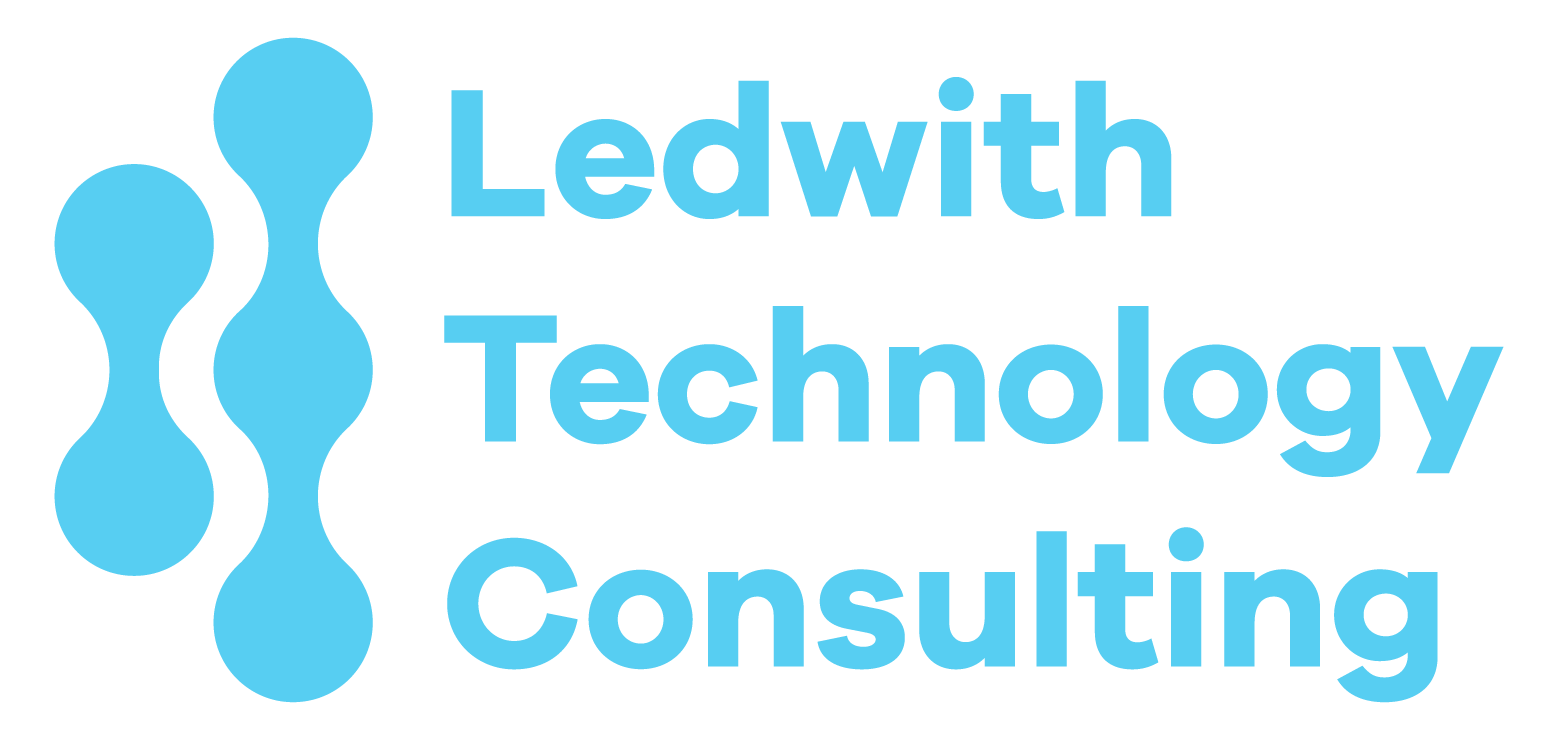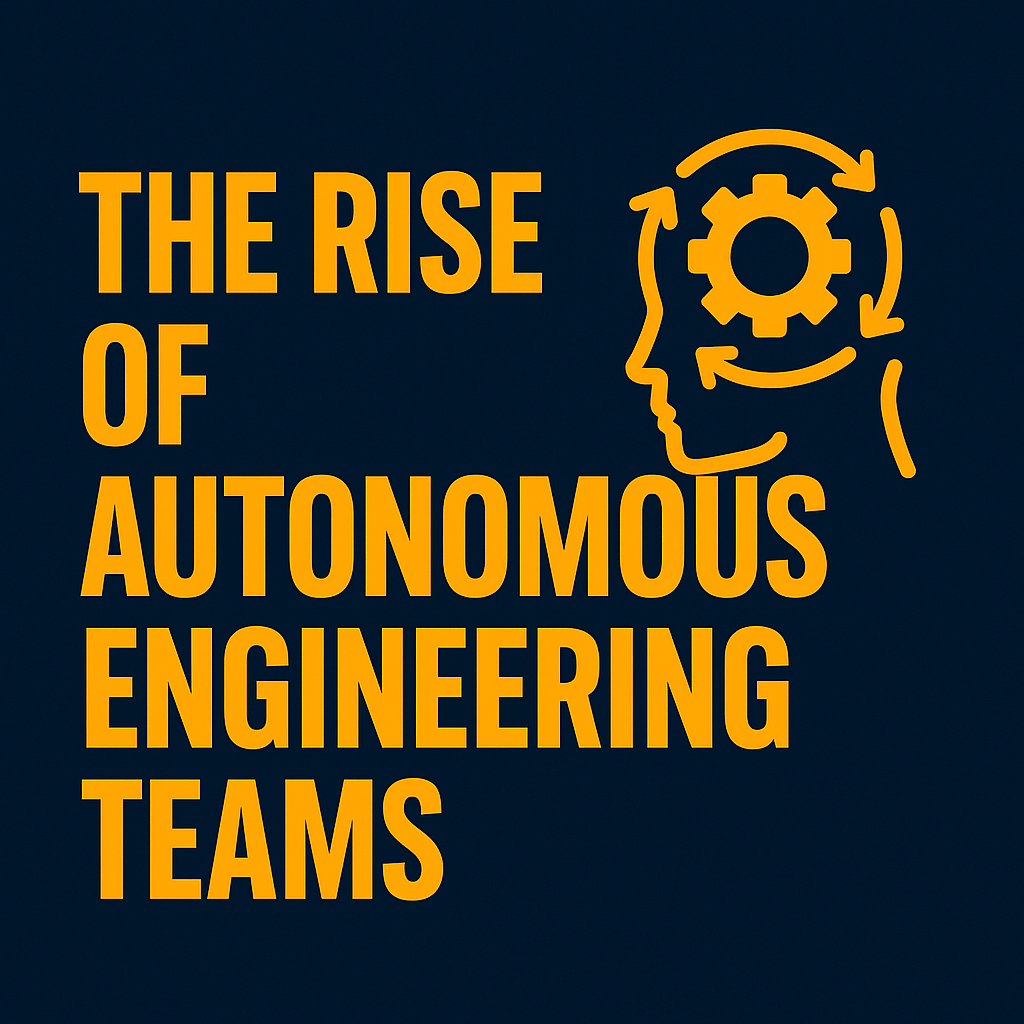By Stephen Ledwith January 19, 2025
In our blog post about Scaling Tech Teams we touched on the important of assigning mentors. Today’s entry dives into the importance of mentors and provide additional detail on how to setup a successful mentorship program.
Assign Mentors
When scaling an engineering team, assigning mentors is one of the most effective ways to onboard new hires, transfer institutional knowledge, and create a sense of belonging. Without structured mentorship, new employees often struggle to acclimate, leading to inefficiencies and potential attrition. A well-executed mentoring program ensures that both technical and cultural knowledge are passed down effectively.
Why Mentorship Matters
- Accelerates Onboarding: New hires who have a dedicated mentor ramp up faster than those left to figure things out alone. They gain insights into workflows, team norms, and coding standards more efficiently.
- Boosts Retention and Morale: Employees who feel supported and connected are far more likely to stay with the company long-term. Mentorship fosters relationships and a sense of belonging.
- Encourages Knowledge Sharing: Senior team members hold valuable historical knowledge about the codebase, infrastructure, and past decisions. Mentorship provides a structured way to transfer this information.
- Develops Leadership Skills: Mentors refine their own communication and leadership abilities, preparing them for future managerial roles.
Best Practices for an Effective Mentorship Program
Pair Strategically
Avoid random pairings. Instead, match mentors and mentees based on skill sets, team alignment, and personalities. A backend engineer new to the team should ideally be paired with an experienced backend developer rather than a front-end specialist.Define Expectations
Mentors and mentees should have a clear understanding of their roles. A well-structured mentorship program includes:- Regular check-ins (weekly or bi-weekly meetings)
- Defined goals for the mentee’s first 30-60-90 days
- A balance between technical guidance and company culture acclimation
Provide Resources and Training
Not all experienced engineers naturally excel at mentorship. Offer training on how to be an effective mentor, including techniques for providing constructive feedback, active listening, and guiding problem-solving rather than just giving answers.Encourage Reverse Mentorship
Learning should be a two-way street. Encourage new hires to share their perspectives and experiences. Fresh viewpoints can help identify inefficiencies or outdated practices that long-term employees may overlook.Measure Success
Regularly gather feedback from both mentors and mentees to assess the effectiveness of the program. Use surveys or structured discussions to understand what’s working and what can be improved.Create a Community
A mentorship program should be more than a one-on-one relationship. Foster a culture of learning by encouraging informal mentorship, knowledge-sharing sessions, and group discussions.
By integrating mentorship into the fabric of your organization, you create an environment where team members continuously learn from one another, fostering both individual and organizational growth. In a fast-scaling company, this structured support system becomes an essential component in maintaining high performance and cohesion across teams.




